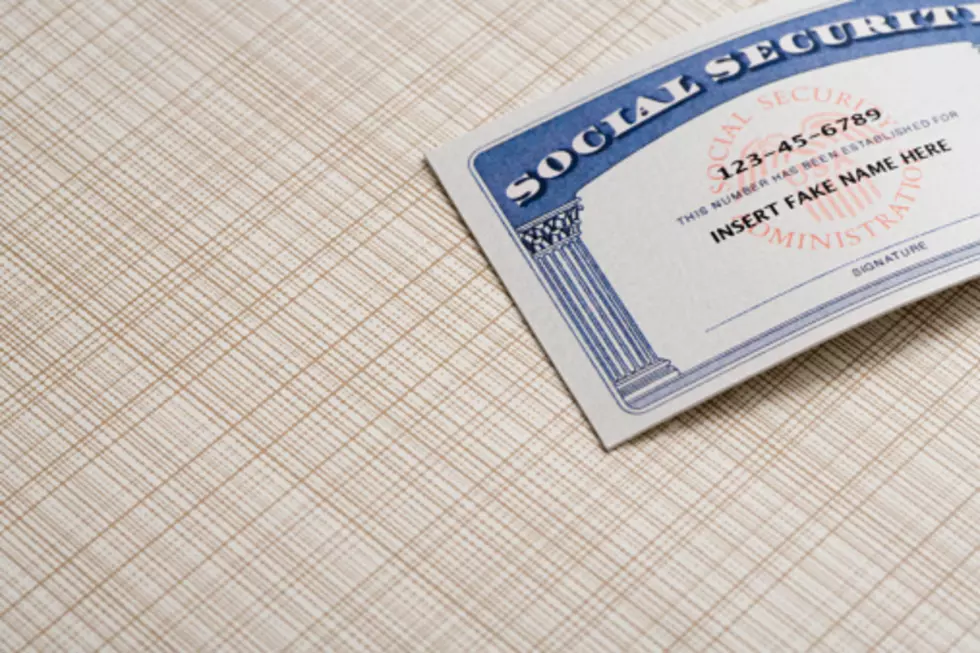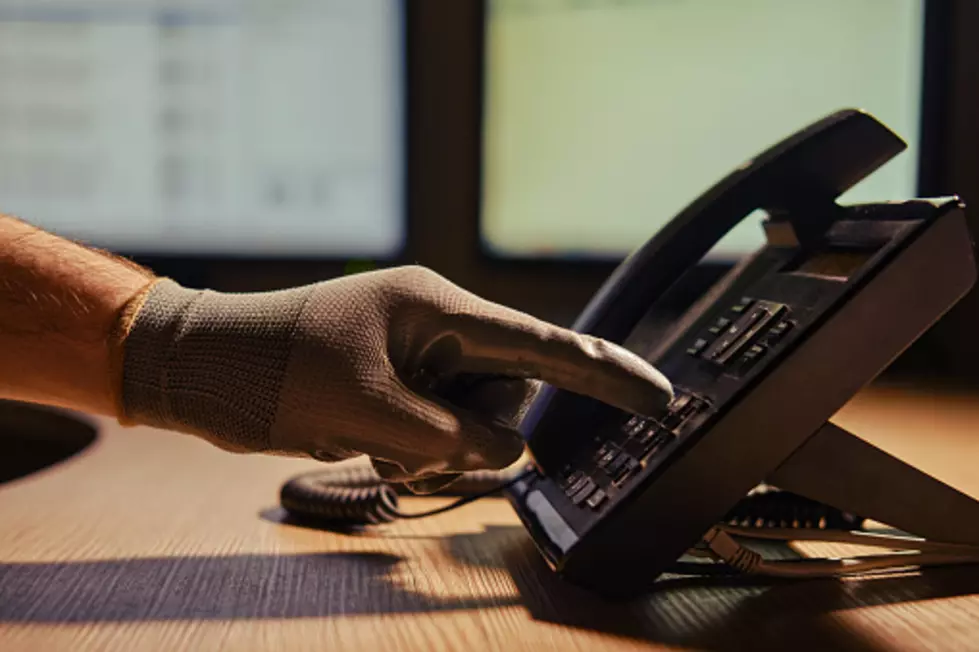
BBB Has Tips On Avoiding Rockford’s ID Thieves During Tax Season
The month of February signifies the unofficial start of Tax Season, but it's also the biggest time of the year for criminals like tax-identity thieves and IRS imposters.
To avoid problems with the criminal element, you could just skip paying your taxes, but I've got the feeling that you'll wind up with a whole different set of problems if you go that route.
The Rockford Regional Office of the Better Business Bureau (BBB) just sent out a press release highlighting some of the methods used by IRS imposters and those who are looking to swipe your ID to use in a multitude of different illegal activities, including sending in a fake tax return in your name.
2019 is the most recent year that all the numbers have been tallied up regarding ID theft and its many ramifications, and it's a understatement to say that identity thieves have been busy. Finance website The Fool.com has some of the numbers:
- There were 650,572 cases of identity theft in 2019.
- Almost 165 million records containing personal data were exposed through data breaches in 2019.
- Of the more than 3.2-million fraud cases reported to the Federal Trade Commission (FTC) in 2019, identity theft accounted for 20.33% of cases and was the most-common type of fraud.
The difference between straight identity theft and tax identity theft is that in the case of tax identity theft, scammers use stolen Social Security numbers to file a a fake tax return and collect the refund. The Rockford BBB says that IRS Imposters are "scammers who pretend to be calling from the IRS. They can also send fake emails and texts in order to attempt to steal information or spread malware to your computer."
Debt.com says that the way most people find out that they've been the victim of tax identity theft is when they file their tax return normally, only to find out that it's already been filed and a refund has already been issued...just not to them.
As always, guard your personal information as closely as you possibly can. It may not eliminate the threat of this sort of thing happening to you, but it does reduce the chances.
This may help with some ideas, too:
LOOK: Here are 25 ways you could start saving money today
More From WROK 1440 AM / 96.1 FM









